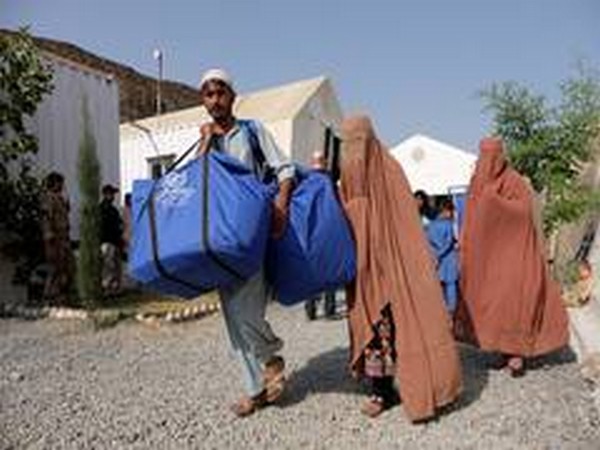

Around 1,34,000 refugees and asylum-seekers, almost all from Afghanistan will require settlement in Pakistan, reported Dawn citing the UN refugee agency (UNHCR) report.
In the ‘Projected Global Resettlement Needs Assessment for 2024’, UNHCR anticipates a 20 per cent increase in global refugee resettlement needs for the next year.
As per the Dawn, Pakistan, the third-largest refugees hosting country, have been significantly expanded in 2022. Apart from Pakistan, Iran, Bangladesh, and Malaysia, are the largest refugees hosting countries throughout the Asia-pacific region, and have repeatedly highlighted the need for responsibility-sharing and tangible contributions to the refugee response.
The latest assessment in the report shows that while resettled refugees from host countries represent a sliver of the total population and needs, engagement by third countries to support and receive those most in need among the population is recognised and appreciated by host governments and opens space for UNHCR to engage on broader protection issues.
Currently, 5.2 million individuals from Afghanistan live as refugees or in a refugee-like situation in the region. The report states that they reside in major host countries, Pakistan and Iran, driven by the deteriorating human rights situation at home, and the number may increase by the end of 2023.
According to Dawn, Pakistan is providing refuge to 3 million Afghans. It is pertinent to mention that Pakistan is not a signatory to the 1951 Convention nor its 1967 Protocol and does not have a national asylum system.
However, Pakistan’s provision of protection and assistance to Afghan refugees is generally under international standards and Pakistan’s international human rights obligations.
The principle of non-refoulement and the right to asylum is largely respected and UNHCR’s role is recognized in the Cooperation Agreement of 1993.
UNHCR Pakistan says there are high numbers of women-at-risk and single-parent households that lack adequate protection and the means to support themselves.
Female-headed households are particularly at risk and struggle to be self-reliant given the overall protection environment, lack of access to the formal labour market, and limited family or community support.
While gender-based violence (GBV) is underreported, female GBV survivors who do report are often placed in safe houses to avoid retaliation from alleged perpetrators or the wider community, reported Dawn.
There is also a significant number of children at risk, including those who work daily to support their families and can therefore not attend school. This exposes them to exploitation, and physical risks and impedes their cognitive and emotional development.